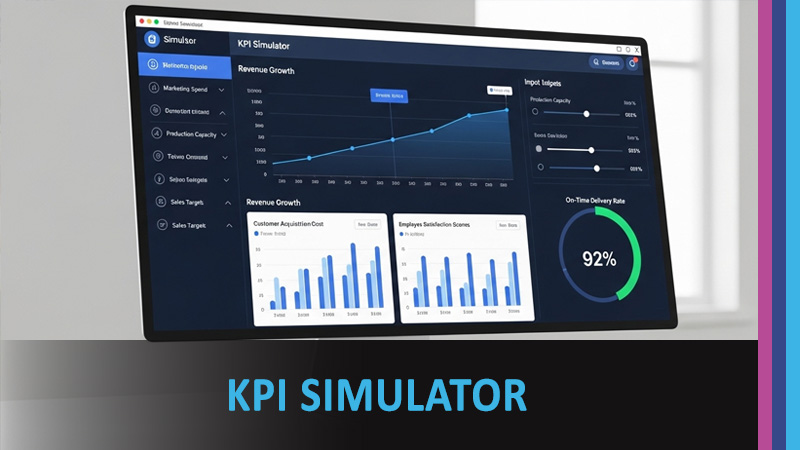Our industry-specific, off-the-shelf business simulations provide engaging learning experience and are ready to deploy with minimal effort. All IndustryMasters business simulations are available as competitive multi-player real-time and as self guided single-player versions.
Each simulation can be tailored quickly to adjust the storyline, KPIs, critical decisions and relevant lessons. When only a custom solution will do, we have the experience and technology to build completely unique simulations. We work with you to ensure we have exactly the decisions and outcomes your learners need to understand.
The table shows only a small selection of our standard business simulations. Most simulations are offered in Online, In-Person, or Blended formats. If you are interested in other industry-specific solutions, please do not hesitate to contact us.
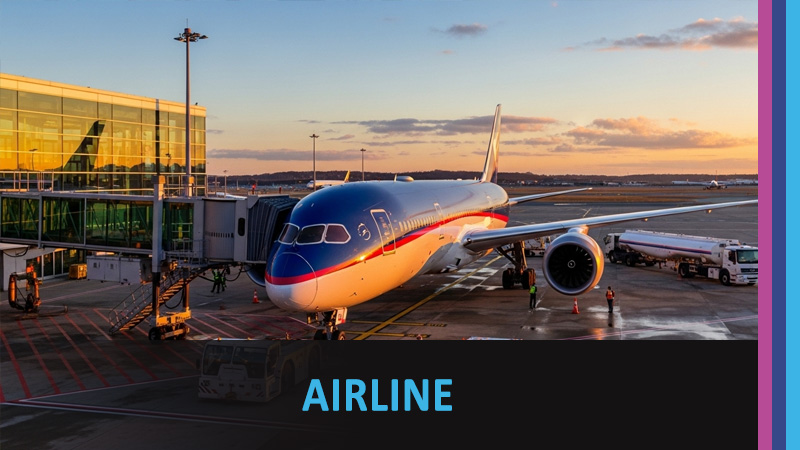
Aviation Management
Airline Simulation
Participants learn to manage the complexity of operating an airline, gain market share, and offer a portfolio that meets customer demand while transforming to a sustainable provider.
- For: Aviation managers, Airline executives, and students
- Learn: Aviation Management, Fuel Procurement, Marketing, Finance
- KPI: Ground handling, Route utilization, CO2/PAX, Passenger Satisfaction

Automotive Industry
Change Management Simulation
Manage an automotive manufacturer, transforming towards electrification and digitalization, complying with CO2 regulations, and adapting to market changes.
- For: Managers, Executives, Students
- Learn: R&D, Sustainability, Strategic Management, Finance
- KPI: ESG, Marketing strategy, CO2 Fleet Emissions, E-Mobility

Banking Sector
Retail Banking Simulation
Learn about modern banking complexity, including risk assessment, loan products, expansion strategy, and new services.
- For: Banking Executives, Managers, Students
- Learn: Basel III, Risk Assessments, Treasury, Marketing
- KPI: Deposits, Loans, Distribution Channels, Core Capital Ratio

Retail & Manufacturing
Bike Manager Simulation
Learn to enter a growing bicycle market, managing production, employees, sales, and marketing.
- For: Trainees and Junior executives
- Learn: Corporate governance, Innovation, Cash flow, HR management
- KPI: Strategy, Product Life Cycle, Inventory, ROI

Food & Consumer Goods
Consumer Products
Manage consumer goods distribution while balancing decisions around marketing, product launches, sourcing, talent and more.
- For: Food Industry Executives, Managers, and Students
- Learn: Inventory, Marketing, Finance, Strategic Management
- KPI: Capacity Planning, CO2 Emissions, OTIF
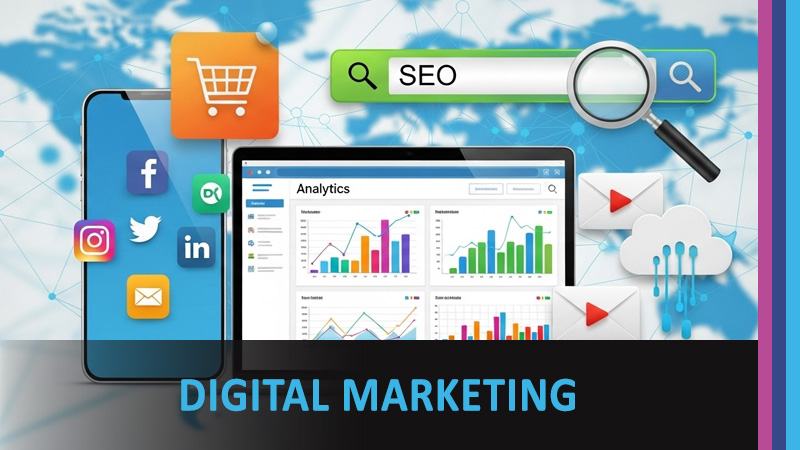
Marketing
Digital Marketing Simulation
Learn to market digital products and services using SEO, Adwords, social media, and CPC advertising while recruiting digital talent.
- For: Marketing Executives, Managers, and Students
- Learn: SEO, SEA, Social Media, Direct Marketing, Platform Strategy
- KPI: CPC Budget, ARPU, Customer Lifetime Value, Churn Rate

Fashion & Textile
Retail Fashion Simulation
Manage a fashion production company to maximize sales and profits, balancing product life cycle and seasonal demand.
- For: Fashion & Textile Executives, Managers, Students
- Learn: Campaign Management, Portfolio, Trade Margins, Procurement
- KPI: Seasonality, Stock, Pre-Ordering, Return on Sales

Hospitality
Hotel Investment Simulation
Develop a worldwide hotel brand, create a portfolio, and compete for market share and profitability.
- For: Hotle executives, Managers, Students
- Learn: Hotel Chain Management, Pricing, HR, Marketing
- KPI: RevPAR, Occupancy, Profitability, Rooms in Operation

Life Insurance
Life Insurance Simulation
Grow and diversify an insurance portfolio, managing premiums, commissions, marketing, and investments under regulations.
- For: Insurance Executives, Managers, Students
- Learn: Insurance Management, Risk Assessment, Finance, HR
- KPI: Asset Management, Policy Loans, Real Estate Portfolio

Energy
Power Utilities Simulation
Manage a regulated US utility, ensure consistent power, expand renewable energy, and address CO2 emissions.
- For: Energy Sector Executives, Managers, Students
- Learn: Climate Change, Outage Management, Regulatory Compliance
- KPI: Emissions, Trading, Safety, Green Energy Share

Real Estate Management
Real Estate Simulation
Learn real estate portfolio management, acquisitions, leasing, financing, and sustainability in a dynamic market.
- For: Managers and Executives from All Industries
- Learn: Market Analysis, Valuation, Tenant Retention, Sustainability
- KPI: FFO, Rental Income, LTV, ROE, ROIC

Consulting
Consulting Simulation
Understand the management challenges of running a successful consulting business. Develop expertise, improve offer quality, and manage consulting capacity effectively while ensuring projects are delivered on time and cost-efficiently.
- For: Service Industry Executives, Managers, and Students
- Learn: Consulting Management, Service Management, Forecasts, Tendering, Personnel & Capacity Planning
- KPI: Office Occupancy, Project Planning & Reports, Market Research, HR Strategy
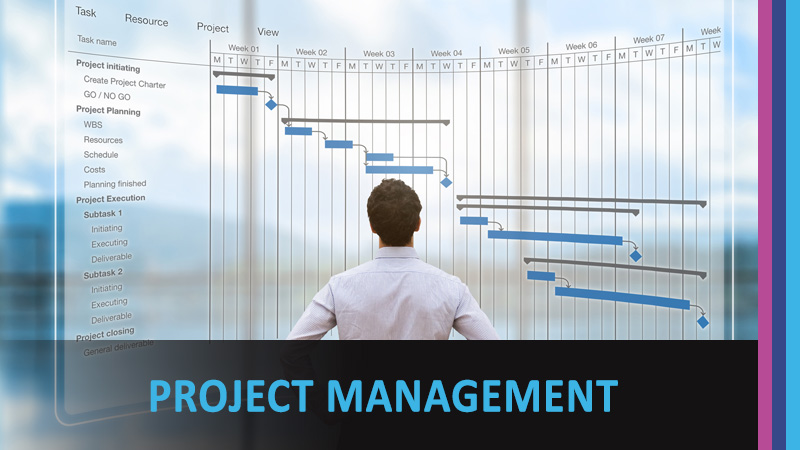
Project Management
Project Management Simulation
In the Project Management Simulation the ultimate objective is to manage a project within a given timeline and budget. Participants must assign and manage human resources to complete different project tasks and milestones.
- For: Project Trainees and Students
- Learn: Project Management including Scope; Resource Planning; Operations Management; HR Management; Recruiting;
- KPI: Gantt chart, Project budgeting, Magic Triangle (Time, Quality, Cost)

Smartphone
Smartphone Simulation
Participants learn to successfully master the challenges of managing a smartphone manufacturer. Participants develop and market new cell phone models that match demand in respective target markets.
- For: Telecom industry executives and managers, students.
- Learn: Corporate governance & management, Production planning, Marketing, Human Resources Management, Cash flow management
- KPI: WACC, Market shares, Product Age, DOI
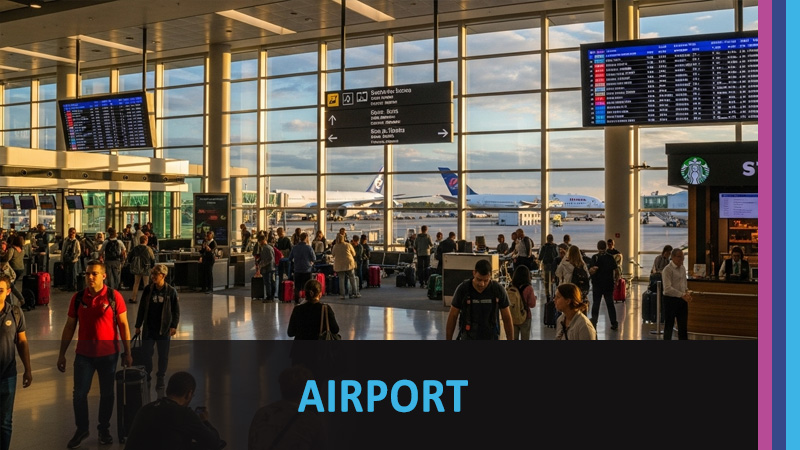
Airport Management
Airport Simulation
Participants learn to manage an airport with three business units: aviation, ground handling and concessions. The goal is maximizing revenue in all business areas of the airport while staying within the capital budget.
- For: Airport managers, Airline executives, and students in related fields.
- Learn: Airport management, Passenger growth, Terminal expansion, Maintenance, Car Park management, Store management, Business administration basics
- KPI: Aviation, Passenger Satisfaction, SPP Retail, Concessions Revenue per m2


